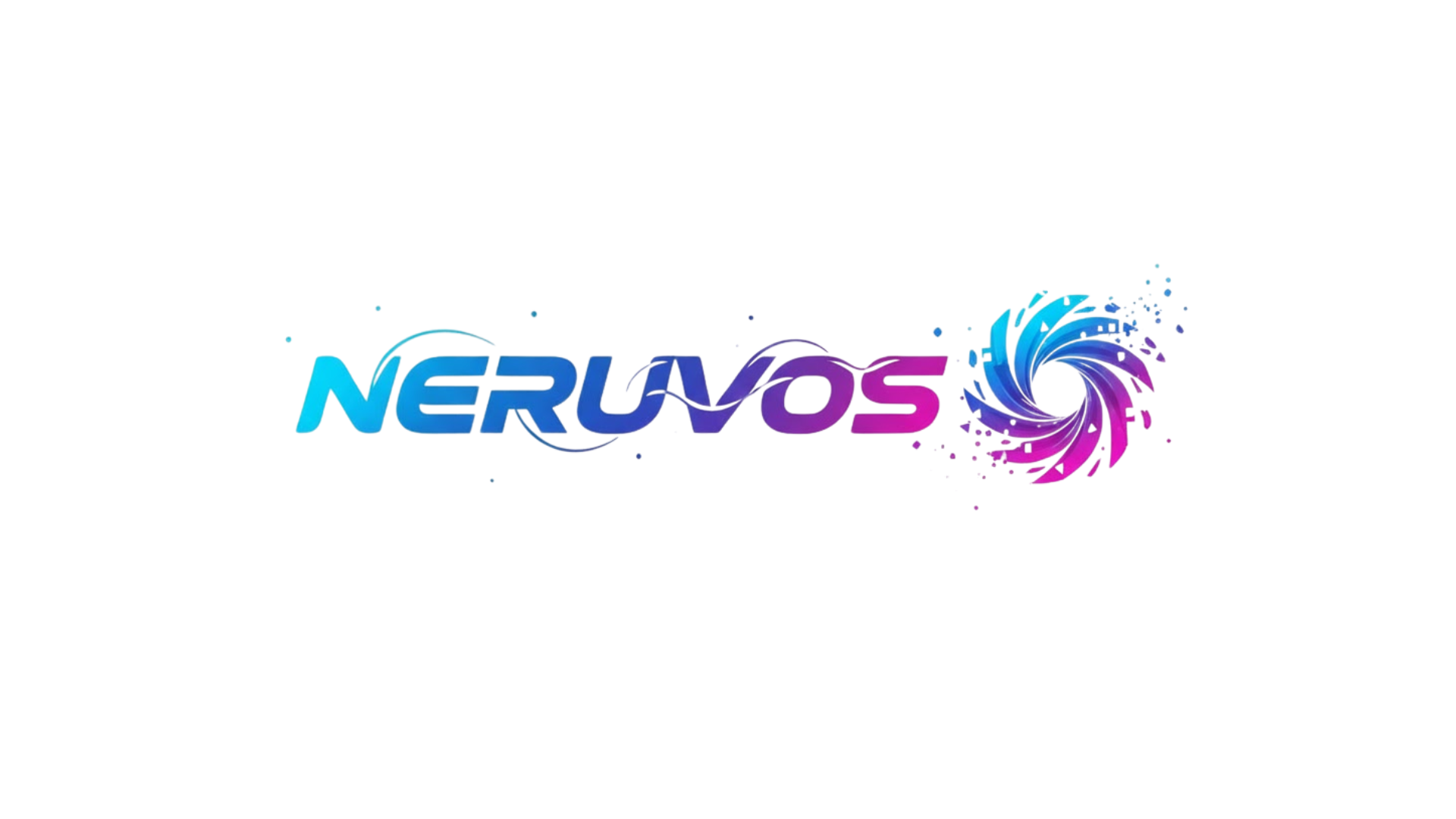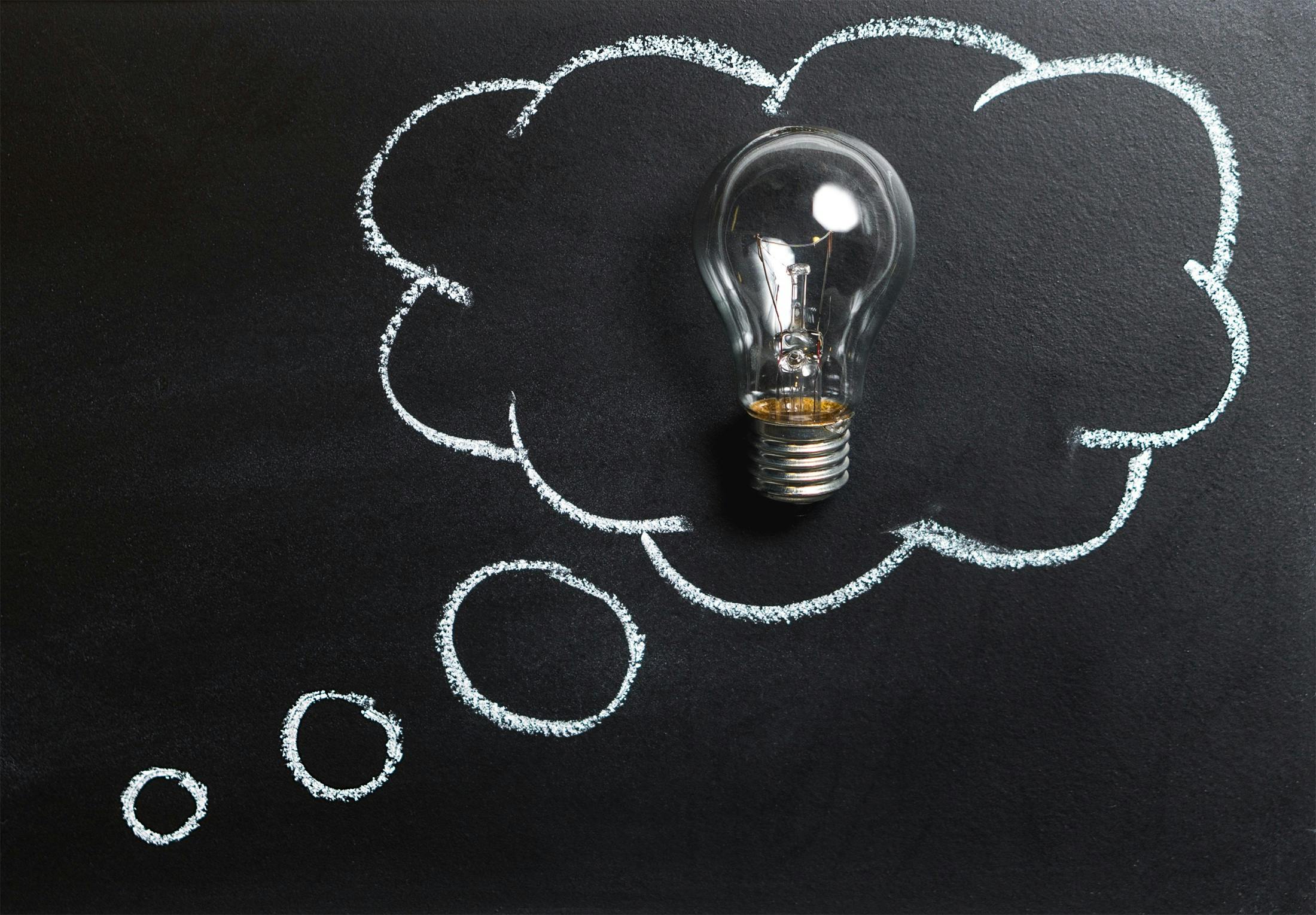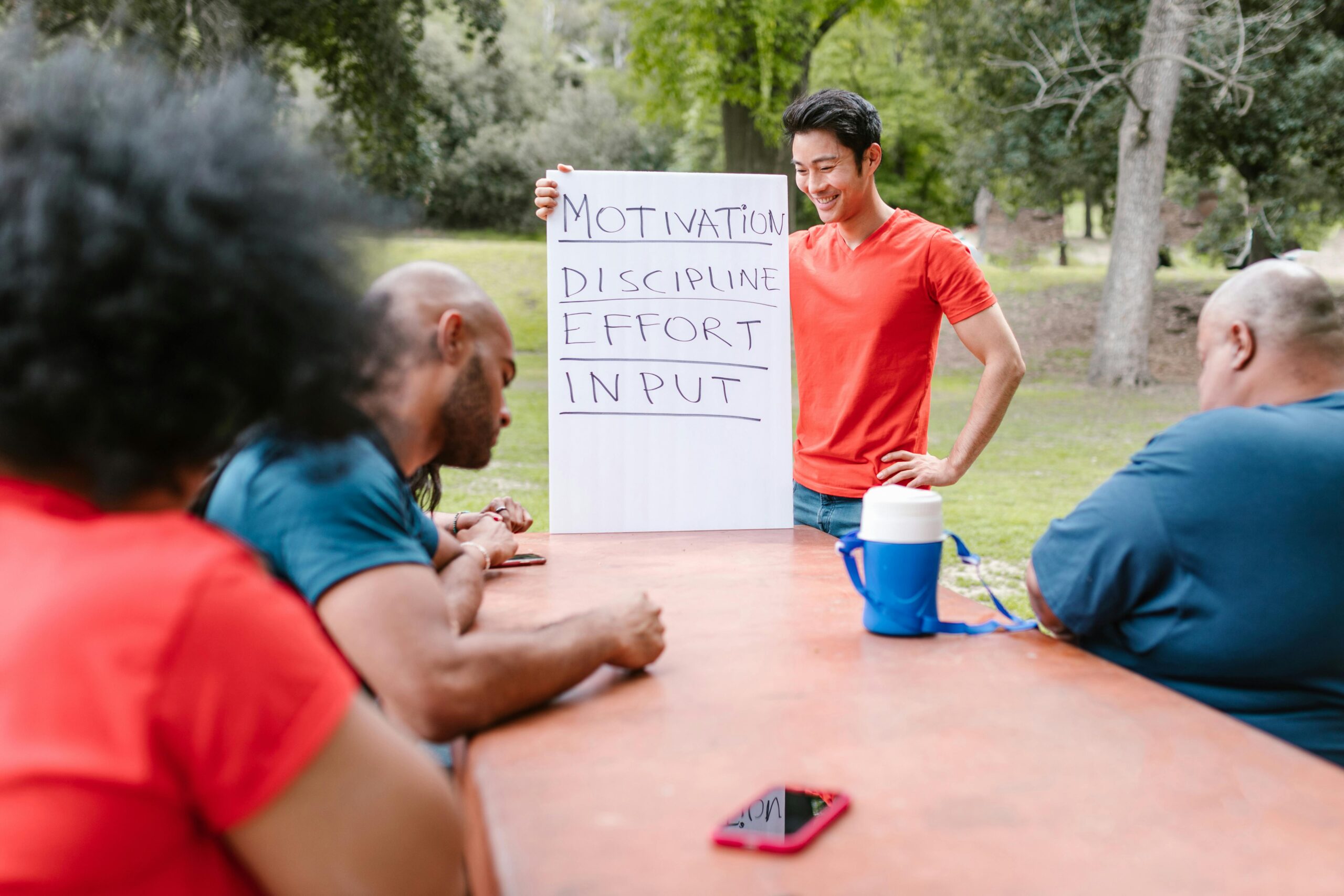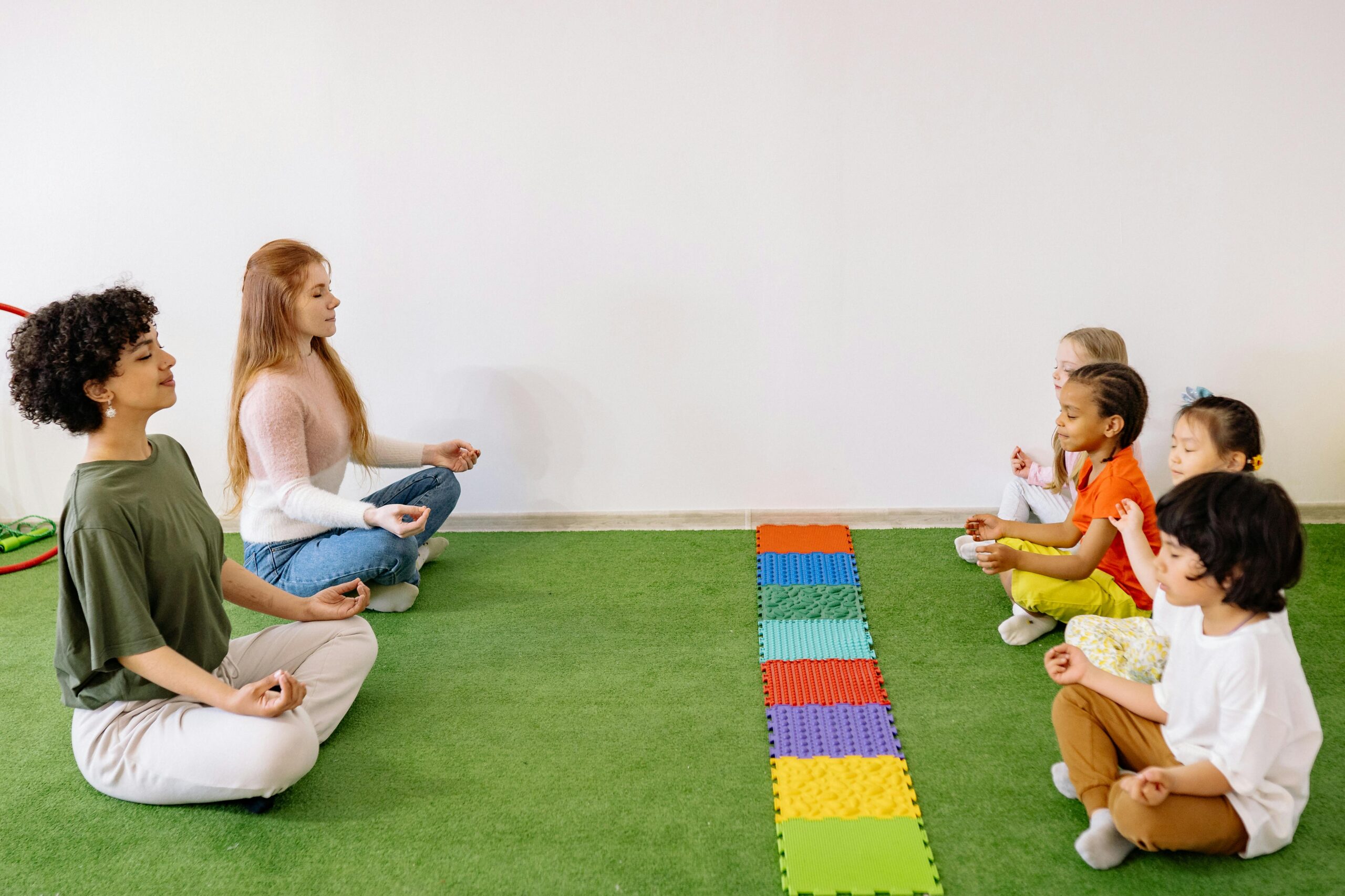Assessment and evaluation practices shape how students learn, grow, and perceive their own abilities. Traditional methods often fall short of capturing true potential.
In today’s rapidly evolving educational landscape, the way we measure student success has become increasingly critical. Educators worldwide are recognizing that conventional testing methods no longer adequately reflect the diverse capabilities and learning styles of modern students. The traditional approach—often characterized by standardized tests and one-size-fits-all evaluations—fails to account for individual learning journeys, creativity, critical thinking, and real-world application of knowledge.
The transformation of assessment practices isn’t just about changing how we grade; it’s about fundamentally reimagining how we understand student learning and development. When we revolutionize our approach to assessment and evaluation, we create opportunities for students to demonstrate their understanding in meaningful ways that align with their strengths and interests.
🎯 Understanding the Limitations of Traditional Assessment Methods
For decades, educational institutions have relied heavily on standardized testing as the primary measure of student achievement. These assessments typically focus on memorization and recall rather than deeper understanding or application of concepts. While standardized tests can provide some data points, they often create unnecessary stress and anxiety for students while failing to measure essential skills like creativity, collaboration, and problem-solving.
Traditional assessment methods frequently emphasize summative evaluation—those final exams and end-of-unit tests that determine grades. This approach creates a high-stakes environment where a single performance can define a student’s entire learning experience in a subject. Such methods rarely account for the learning process itself, the progress made throughout the term, or the individual circumstances affecting student performance.
Moreover, conventional evaluations tend to favor certain learning styles over others. Students who excel at written tests may receive recognition, while those with kinesthetic, visual, or interpersonal intelligence might struggle to demonstrate their true capabilities within these narrow parameters.
The Power of Formative Assessment in Student Development
Formative assessment represents a paradigm shift in how we approach student evaluation. Rather than waiting until the end of a learning unit to measure understanding, formative assessment integrates evaluation throughout the learning process. This continuous feedback loop allows teachers to adjust instruction in real-time and students to identify and address gaps in their understanding before moving forward.
The beauty of formative assessment lies in its flexibility and responsiveness. Through regular check-ins, class discussions, exit tickets, and informal observations, educators can gauge student comprehension on an ongoing basis. This approach transforms assessment from a punitive measure into a supportive tool that guides learning.
Research consistently demonstrates that students who receive regular formative feedback show significantly greater achievement gains compared to those who only experience summative evaluation. The key is providing feedback that is specific, timely, and actionable—information that students can immediately use to improve their understanding and performance.
Implementing Effective Formative Assessment Strategies
Successful formative assessment requires intentional planning and execution. Teachers should incorporate various strategies throughout their instructional design:
- Think-Pair-Share activities that encourage student discussion and reveal conceptual understanding
- Digital polling and quick quizzes that provide immediate data on class comprehension
- Observation protocols that track student engagement and participation patterns
- Self-assessment tools that develop metacognitive skills and student ownership
- Peer feedback sessions that build collaborative learning communities
- Learning journals that document thinking processes and conceptual development
📊 Diversifying Assessment Methods for Authentic Learning
Modern education demands assessment diversity that reflects the complexity of real-world challenges. By incorporating multiple evaluation methods, educators can create a more comprehensive picture of student capabilities and provide various pathways for demonstrating mastery.
Performance-based assessments allow students to apply their knowledge in authentic contexts. These might include presentations, projects, experiments, debates, or creative productions that require synthesis of multiple skills and concepts. Such assessments more closely mirror the types of challenges students will face beyond the classroom.
Portfolio assessments offer another powerful alternative, showcasing student growth over time. By compiling work samples, reflections, and evidence of learning progression, portfolios tell a richer story than any single test score could convey. They encourage students to take ownership of their learning journey and develop important skills in self-reflection and critical evaluation.
Technology-Enhanced Assessment Opportunities
Digital tools have expanded the possibilities for innovative assessment practices. Educational technology platforms now offer sophisticated options for creating engaging, interactive assessments that adapt to individual student needs. These tools can provide immediate feedback, track progress across multiple attempts, and generate detailed analytics that inform instructional decisions.
Game-based assessments leverage the motivational power of gamification to create low-stakes evaluation environments where students can demonstrate understanding while remaining engaged and motivated. These approaches reduce test anxiety while providing valuable data about student thinking and problem-solving processes.
Virtual simulations and augmented reality experiences enable assessment of skills that would be difficult or impossible to evaluate through traditional methods. Students can demonstrate competency in complex scenarios that replicate real-world challenges, from scientific experiments to historical recreations to mathematical modeling.
Creating a Growth Mindset Culture Through Assessment
The way we approach assessment profoundly influences student mindset and motivation. When evaluation focuses exclusively on performance and grades, students often develop a fixed mindset—believing that their abilities are static and unchangeable. This perspective can lead to risk-aversion, fear of failure, and decreased motivation when facing challenges.
Alternatively, assessment practices that emphasize growth, effort, and improvement cultivate a growth mindset. Students begin to see challenges as opportunities for development rather than threats to their self-worth. They become more resilient, persistent, and willing to engage with difficult material because the assessment system values progress over perfection.
To foster this growth-oriented culture, assessment feedback should focus on specific strategies for improvement rather than simply assigning grades. Comments like “Your analysis would be strengthened by incorporating evidence from multiple sources” provide actionable guidance, while letter grades alone offer limited information for moving forward.
The Role of Student Self-Assessment 💡
Empowering students to assess their own learning represents one of the most transformative shifts in modern assessment practice. When students develop the ability to evaluate their own understanding, identify strengths and weaknesses, and set goals for improvement, they become active participants in their educational journey rather than passive recipients of instruction.
Effective self-assessment requires explicit teaching and scaffolding. Students need clear success criteria, models of quality work, and structured reflection protocols. Tools like rubrics, checklists, and reflection prompts help students develop the metacognitive skills necessary for accurate self-evaluation.
Over time, students who regularly engage in self-assessment develop greater autonomy, self-regulation, and intrinsic motivation. They learn to monitor their own learning processes, adjust strategies when needed, and take responsibility for their academic growth.
Collaborative Assessment and Peer Feedback Systems
Learning is fundamentally a social process, and assessment practices should reflect this reality. Peer assessment activities create opportunities for students to learn from one another, develop critical evaluation skills, and gain diverse perspectives on their work.
When structured appropriately, peer feedback sessions provide multiple benefits. Students often engage more deeply with success criteria when evaluating others’ work, which subsequently improves their own performance. Additionally, receiving feedback from peers can feel less threatening than teacher evaluation, encouraging greater openness to constructive criticism.
Successful peer assessment requires careful preparation. Students need training in providing specific, constructive feedback that focuses on improvement rather than criticism. Clear protocols, rubrics, and modeling help ensure that peer feedback sessions remain productive and supportive.
🔍 Equity and Inclusion in Assessment Practices
Traditional assessment methods often perpetuate educational inequities by failing to account for diverse backgrounds, experiences, and learning needs. Revolutionizing assessment requires intentional attention to equity and inclusion, ensuring that all students have fair opportunities to demonstrate their knowledge and capabilities.
Culturally responsive assessment practices recognize that students bring varied cultural perspectives, linguistic backgrounds, and prior knowledge to the learning environment. Assessments should offer multiple entry points and representation options that honor this diversity rather than penalizing students for differences from a presumed norm.
Universal Design for Learning (UDL) principles provide a framework for creating assessments that are accessible to all students from the outset. By offering multiple means of representation, expression, and engagement, UDL-aligned assessments reduce barriers and eliminate the need for most individual accommodations.
Addressing Assessment Bias
Implicit bias can significantly impact assessment outcomes, affecting everything from the questions we ask to how we interpret student responses. Educators must critically examine their assessment practices to identify and address potential sources of bias:
- Review assessment content for cultural assumptions and stereotypes
- Use multiple evaluators when possible to increase objectivity
- Implement blind scoring procedures that remove identifying information
- Provide clear, detailed rubrics that minimize subjective interpretation
- Regularly analyze assessment data for patterns of inequitable outcomes
- Seek student feedback on assessment fairness and accessibility
Data-Driven Decision Making in Assessment
Effective assessment generates data that informs instructional decisions and supports student growth. However, data collection alone isn’t sufficient—educators must develop systems for analyzing, interpreting, and acting upon assessment information in ways that genuinely improve student outcomes.
Modern data analytics tools enable teachers to identify patterns, track individual and group progress, and pinpoint specific areas where students struggle. This information should drive targeted interventions, instructional adjustments, and resource allocation decisions.
The most effective data-driven approaches involve students as partners in the process. When students have access to their own assessment data presented in understandable formats, they can track their progress, celebrate growth, and identify personal learning goals. This transparency builds student agency and investment in the learning process.
Balancing Accountability and Authentic Learning
Educational institutions face pressure to demonstrate accountability through measurable outcomes, often resulting in an overemphasis on standardized testing and quantifiable metrics. While accountability matters, it shouldn’t come at the expense of authentic learning experiences that develop deeper understanding and transferable skills.
The challenge lies in finding balance—satisfying legitimate accountability requirements while maintaining assessment practices that truly serve student learning. This might involve supplementing required standardized assessments with richer, more meaningful evaluation methods that capture the full scope of student achievement.
Communicating the value of diverse assessment approaches to stakeholders—including parents, administrators, and policymakers—is essential. When the educational community understands how alternative assessments provide more comprehensive and useful information about student learning, support for innovation increases.
🚀 Preparing Students for Future-Ready Assessment
The skills and competencies required for success in the 21st century extend far beyond traditional academic content. Creativity, collaboration, communication, critical thinking, and adaptability represent essential capabilities that conventional assessments often fail to measure.
Future-ready assessment practices evaluate these crucial skills alongside content knowledge. This might include assessing how students work in teams, solve complex problems, create innovative solutions, communicate ideas across media, or demonstrate ethical reasoning.
Project-based learning environments naturally lend themselves to this type of comprehensive assessment. By engaging in extended, authentic projects, students demonstrate multiple competencies simultaneously while developing the habits of mind necessary for lifelong learning and professional success.
Transforming Assessment Through Professional Development
Revolutionizing assessment practices requires ongoing professional learning for educators. Teachers need opportunities to explore new approaches, experiment with innovative tools, collaborate with colleagues, and reflect on their assessment philosophy and practices.
Effective professional development in assessment goes beyond one-time workshops to create sustained learning communities where teachers can share strategies, analyze student work together, and refine their approaches based on evidence and experience. This collaborative professional learning builds collective capacity for assessment innovation.
School and district leaders play a critical role in supporting this transformation by providing resources, time, and structures that enable teachers to develop their assessment expertise. When professional development prioritizes assessment literacy, the entire educational system benefits.
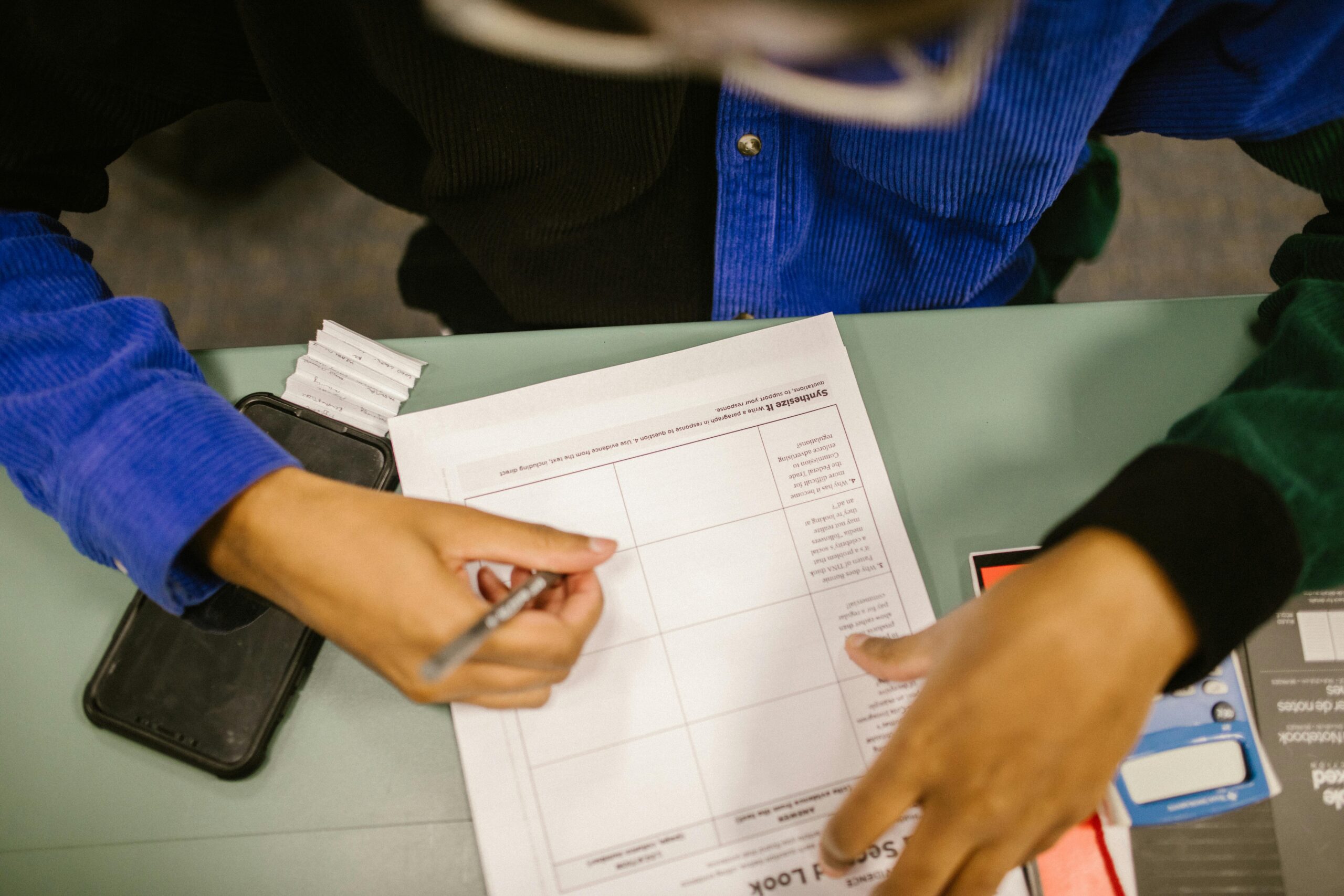
Making the Shift: Practical Steps Forward 🎓
Transforming assessment practices doesn’t require wholesale change overnight. Educators can begin revolutionizing their approach through incremental steps that gradually build a more comprehensive, student-centered evaluation system.
Start by examining current assessment practices critically: What purposes do your assessments serve? What types of learning do they measure effectively, and what might they miss? Who benefits from current approaches, and who might be disadvantaged? This reflective analysis provides a foundation for intentional improvement.
Experiment with one new assessment strategy at a time, gathering feedback from students and colleagues about its effectiveness. This iterative approach allows for learning and adjustment without overwhelming teachers or students with too many simultaneous changes.
Build assessment around clear learning goals and success criteria that students understand from the beginning. When students know what they’re working toward and how their progress will be measured, they can take greater ownership of their learning journey.
The revolution in assessment and evaluation ultimately serves a single, crucial purpose: unlocking each student’s unique potential. By moving beyond limiting, one-dimensional measures of achievement toward comprehensive, growth-oriented assessment systems, we create educational environments where all students can thrive. This transformation requires courage, creativity, and commitment, but the rewards—students who are confident, capable, and prepared for whatever challenges they face—make every effort worthwhile. The future of education depends not on more testing, but on smarter, more meaningful assessment that truly serves learning.
Toni Santos is an education futurist and learning design researcher dedicated to reimagining how people build skills in a fast-changing world. With a focus on cognitive tools, EdTech innovation, and equitable access, Toni explores systems that help learners think deeper, adapt faster, and learn for life. Fascinated by the science of learning and the power of technology to personalize growth, Toni’s journey bridges classrooms, startups, and global initiatives. Each project he shares is an invitation to transform education into a continuous, human-centered experience—where curiosity, practice, and purpose align. Blending learning science, product design, and policy insight, Toni studies models that turn knowledge into capability at scale. His work highlights how thoughtful design and inclusive technology can unlock talent everywhere—across ages, cultures, and contexts. His work is a tribute to: Cognitive learning tools that make thinking visible and transferable EdTech innovation that expands access and personalizes pathways Lifelong learning systems that support relevance, resilience, and purpose Whether you’re building a learning product, shaping policy, or growing your own skills, Toni Santos invites you to design learning for tomorrow—one insight, one practice, one empowering pathway at a time.
